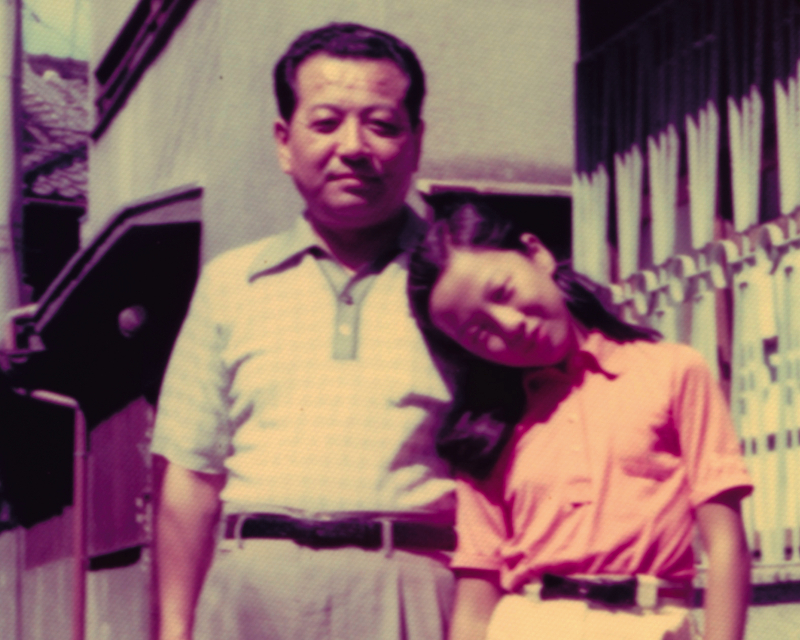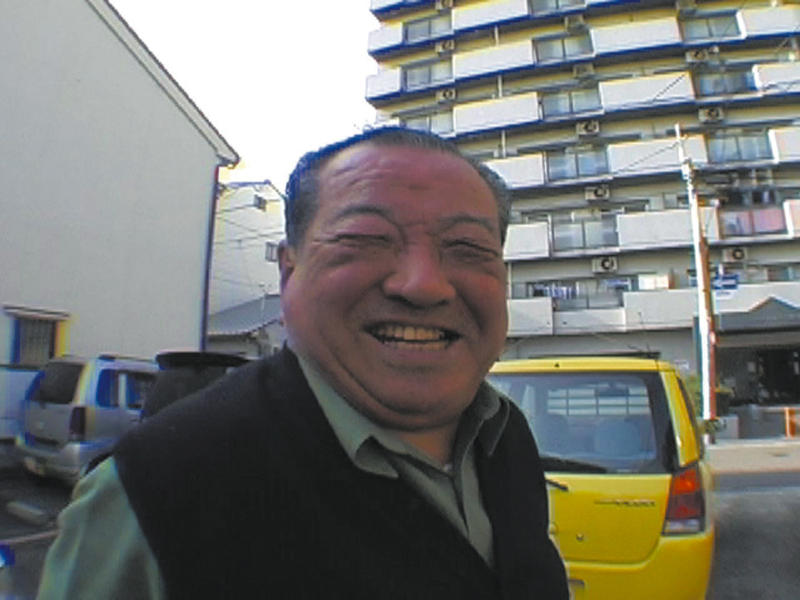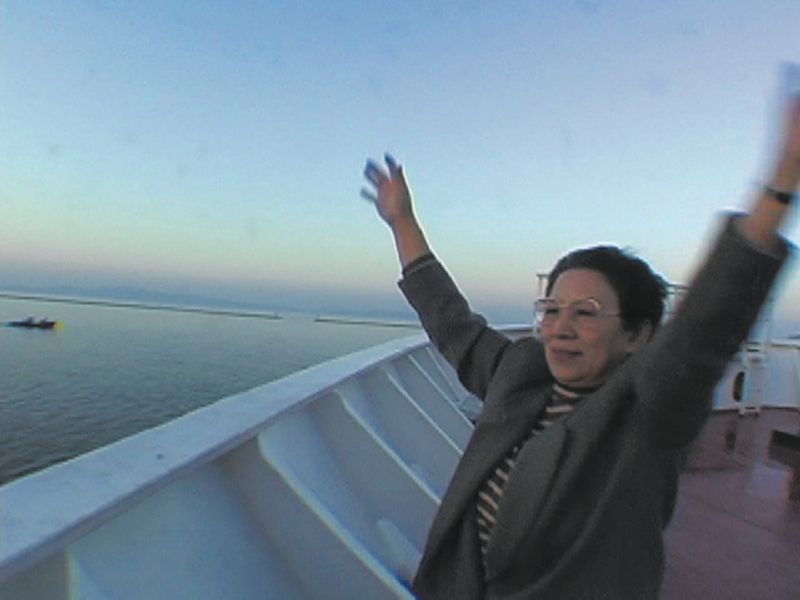Director – Yang Yong-hi – 2005 – Japan – 107m
****
The return of a Japanese-Korean woman’s brothers to North Korea, encouraged by her parents, causes her considerable grief over the years – online in the UK as part of Yamagata International Documentary Film Festival (YIDFF) from Monday, January 17th to Sunday, February 6th, 2022.
The Zainichi are ethnic Koreans living in Japan. When that latter country was divided into North and South Korea, the Japanese required Koreans to designate themselves accordingly. Thus, they were forced to choose one side or the other and it reinforced their identity either way. From 1959 onwards, some 90 000 North Koreans returned from Japan to Korea in full expectation that it would be only a matter of time before North and South were reunited as a single nation once again. That still hadn’t come to pass by the time this documentary was completed, and it still hasn’t today some 15 years on.
As a six-year-old, Yang Yong-hi watched her three older brothers get on a one-way boat trip to North Korea, the country her dad designated their Fatherland. However, it wasn’t the world in which they – or she – had grown up. She was born in the Japanese town of Tsuruhashi where a quarter of the population was Korean. Her dad was an activist for the Zainichi in Japan, subscribing both to Communist ideas and the reunification of Korea. He had no income, so it was left to her mum to find paying work to support the family.

They visited her emigrated brothers in North Korea during her childhood. When she returned there as an adult, she felt out of place. She would watch her mother regularly send parcels of supplies of items available in Japan but not North Korea. In Yang’s view, such parcels were the reason her brothers survived the tough local conditions, and when her mother continued to extol the virtues of the Great Leader, it rang hollow in Yang’s ears.
She goes further, noting that her family’s refusal to allow criticism of North Korea has long been a source of personal torment to her. They didn’t just send parcels to her brothers, they also sent them to many other ’returnees’ just to help them get by under an economic system which clearly wasn’t working.
For his 70th birthday, her dad and the family went over there and at his birthday speech, in a hall with catering that the Korean side of the family could never have afforded without all the aid from Japanese family members. In his after dinner speech, he again extolled “loyalty to our great leaders” and talked about his sons and daughters being perfect revolutionaries, something that made his daughter want to run from the premises.

With age, her father starts to open up about the hitherto taboo subject of her desire to change nationality from North to South Korean. He hasn’t abandoned his youthful ideals, but time seems to have mellowed him to become more pragmatic. He doesn’t forbid his daughter from changing, but he notes that it might mean they live on opposite sides of the border.
This is clearly not an impartial piece of film making: when your subject matter is your nearest and dearest, that’s probably pretty much impossible. It’s much closer to a personal diary film with tales of family woven into it; the major events in the lives of members of this particular family are a direct result of larger, international events. As such, it throws a fascinating light on the fallout from a specific period of twentieth century Korean history.
Update: After making the film, director Yang was banned from visiting North Korea to document her family as the Korea Times reported in 2011.
Dear Pyongyang plays online in the UK as part of Made in Japan, YAMAGATA 1989-2021. The online program of Japanese documentaries from the 30-year history of Yamagata International Documentary Film Festival (YIDFF) runs on DaFilms.com from Monday, January 17th to Sunday, February 6th, 2022.
Trailer:
Festival trailer:
